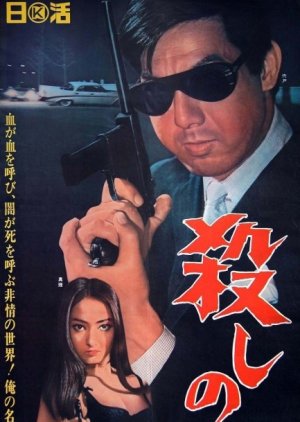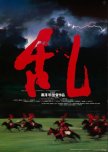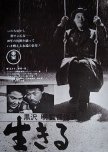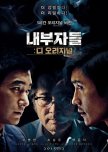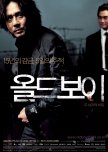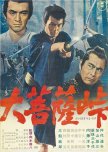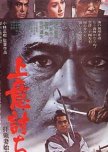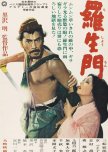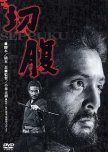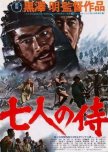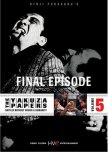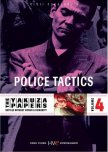
Full rebellion mode
Resident bad boy Seijun Suzuki in full rebellion mode, Branded to Kill refuses all direct relations with geography in depicting a career hitman on the verge of losing control, one that's discordant, broken and thoroughly berserk. The film is infamous for Suzuki's firing by Nikkatsu, with Suzuki doubling down on everything they hated his films for after all the restrictions placed upon him, the result is an arresting cocktail of sex, violence and surrealism, the monochrome hues accentuating the perversity of the entire twisted venture; it thrums along to an irresistible hard-bop beat, with effortlessly stylish black and white cinematography and set-pieces straight from a pulp fiction fever dream. Because it's so free of the conventions of other crime thrillers, ignoring all rules of conventional filmmaking and forgoing a traditional three-act structure, the disorienting camera angles and jumps in time are all part of the atmosphere. Suzuki outdid himself with this astonishing blend of yakuza films, film noir and new wave, yes it makes little sense but the strong performances from its cast, especially that of Jō Shishido uplift Branded to Kill to the stuff of legendary status in all its audacious genre-bending and narrative-busting ways.Vond je deze recentie nuttig?

